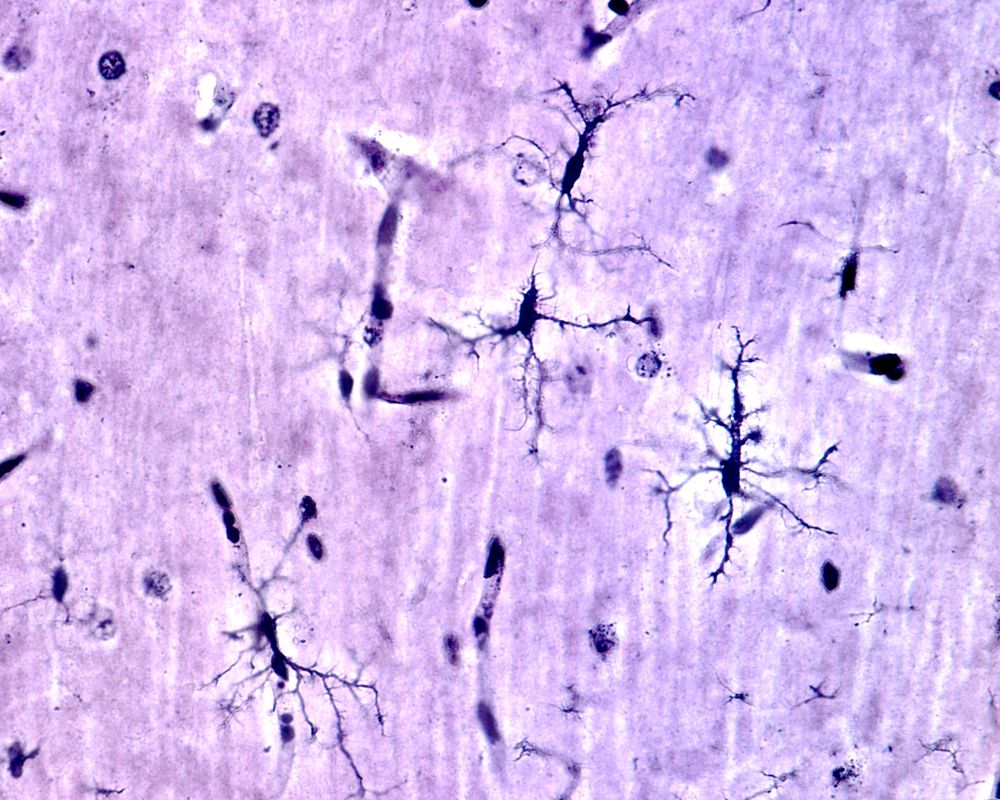A diet rich in fiber helps reduce inflammation in murine brains.
According to a new study performed by University of Illinois researchers and published in Frontiers in Immunology, a diet rich in fiber reduces inflammation in aged mice, both in the guts and the brain. This beneficial reduction is due to high levels of butyrate, which result from the fermentation of fiber during digestion [1].
Study abstract
Aging results in chronic systemic inflammation that can alter neuroinflammation of the brain. Specifically, microglia shift to a pro-inflammatory phenotype predisposing them to hyper-activation upon stimulation by peripheral immune signals. It is proposed that certain nutrients can delay brain aging by preventing or reversing microglial hyperactivation. Butyrate, a short chain fatty acid (SCFA) produced primarily by bacterial fermentation of fiber in the colon, has been extensively studied pharmacologically as a histone deacetylase (HDAC) inhibitor, and serves as an attractive therapeutic candidate, as butyrate has also been shown to be anti-inflammatory and improve memory in animal models. In the present study, we demonstrate that butyrate can attenuate pro-inflammatory cytokine expression in microglia in aged mice.
